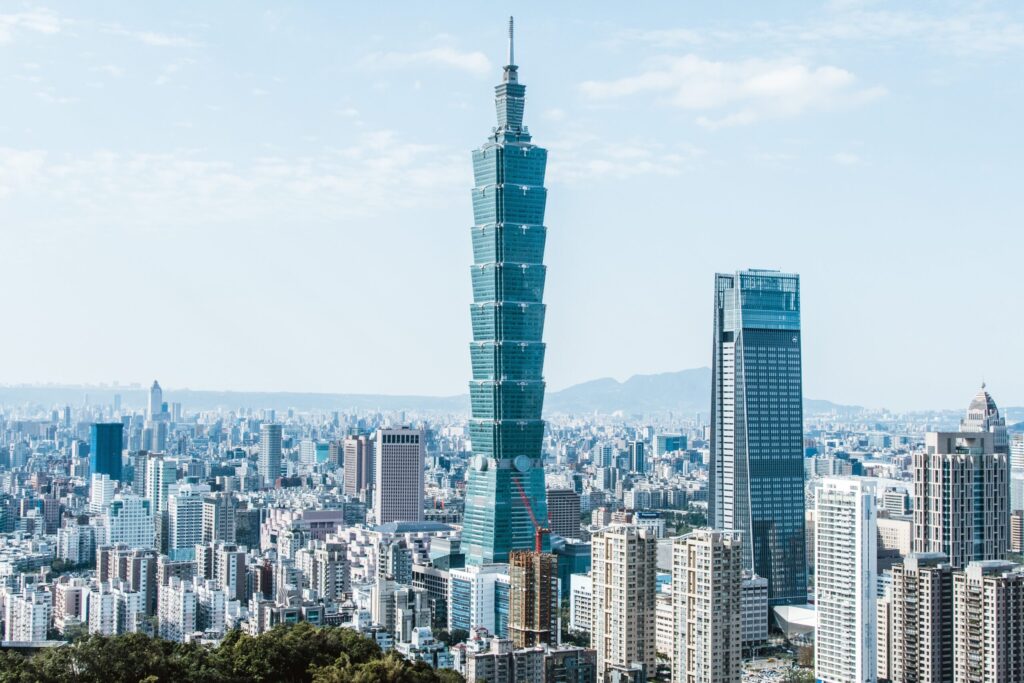

Taiwan’s state-owned telecommunications system is highly profitable. But traditionally most of the money earned from it has been transferred to the government rather than reinvested. In 1993, for example, the Directorate-General of Telecommunications had a surplus of NT$31 billion; it handed over NT$25 billion to the Treasury.
As a consequence, telecommunications development has been retarded. Telephone density in June 1994 was 38.9 per 100 people, or 106.3 telephones per 100 households—about the same level as South Korea but far behind Hong and Singapore.
Taiwan’s telecommunications labour union, which fears an undermining of the terms and conditions of employment of its members, has also firmly resisted moves to privatize and liberalize the sector, forcing a compromise at the legislative stage which gives labour direct representation at board level. Such opposition could force developments to take place at a slower rate than envisaged by the island’s telecoms reformers.
Download the paper here
Photo by Remi Yuan